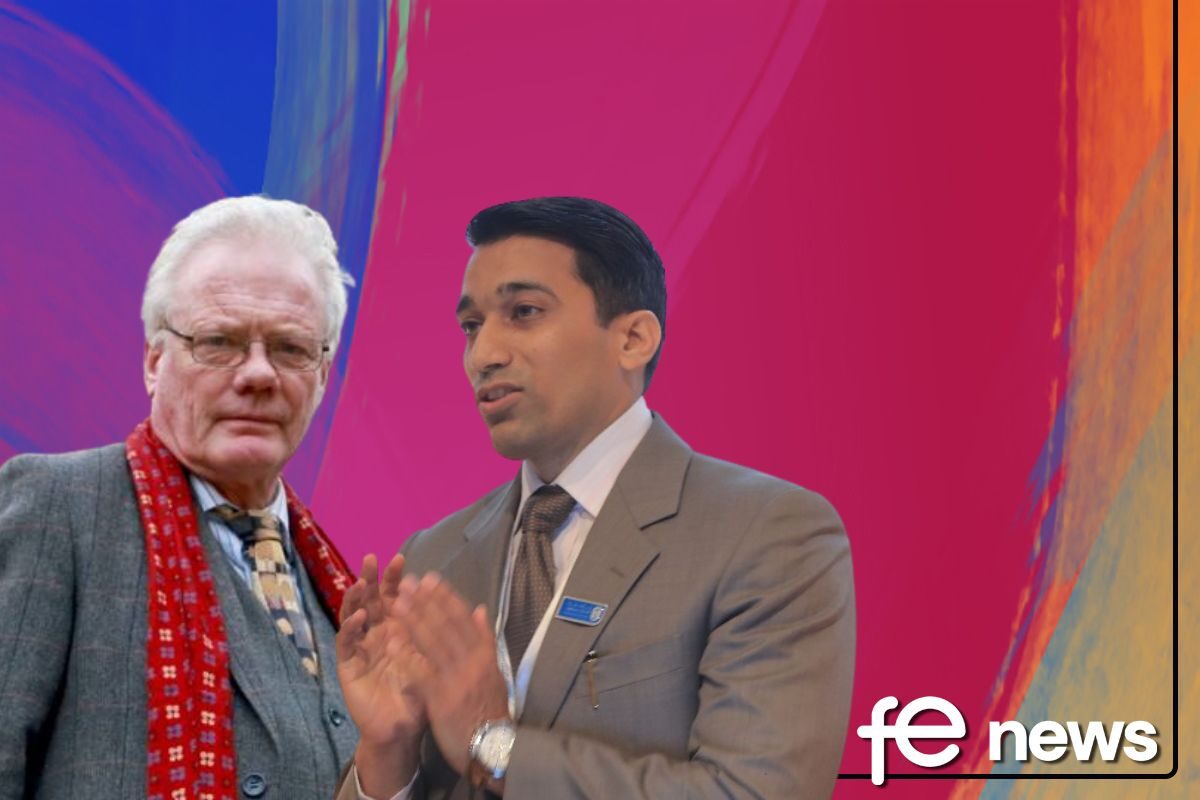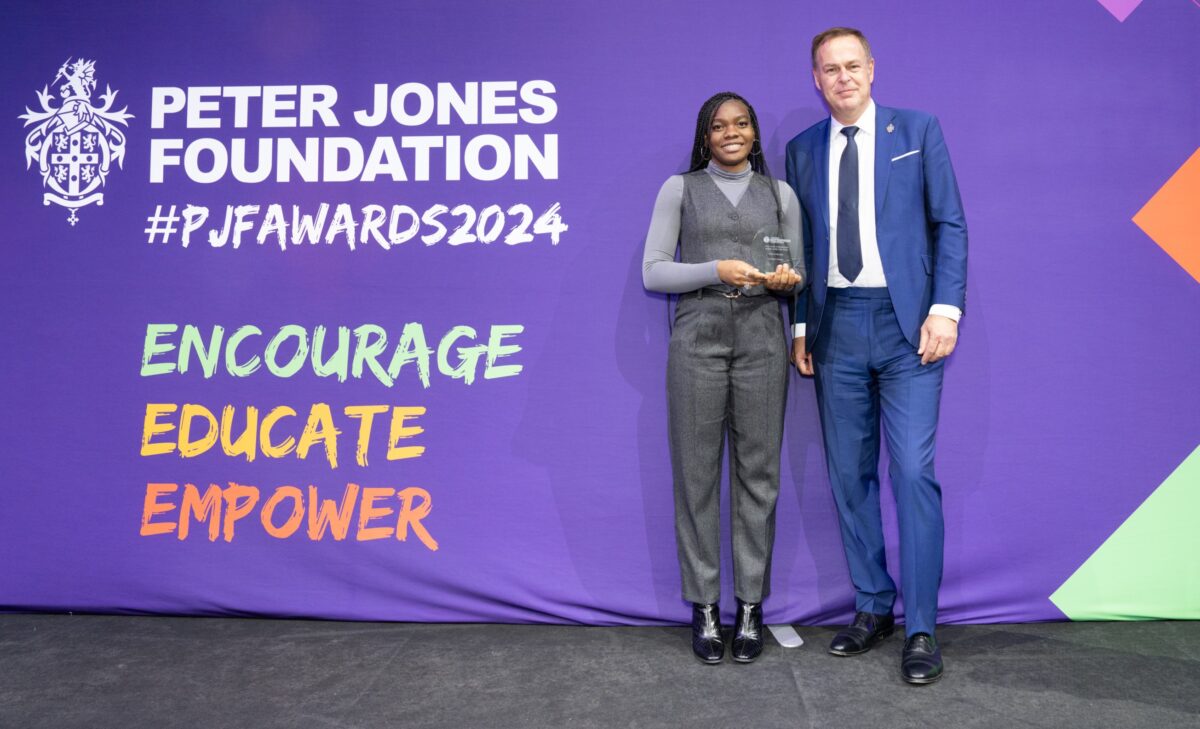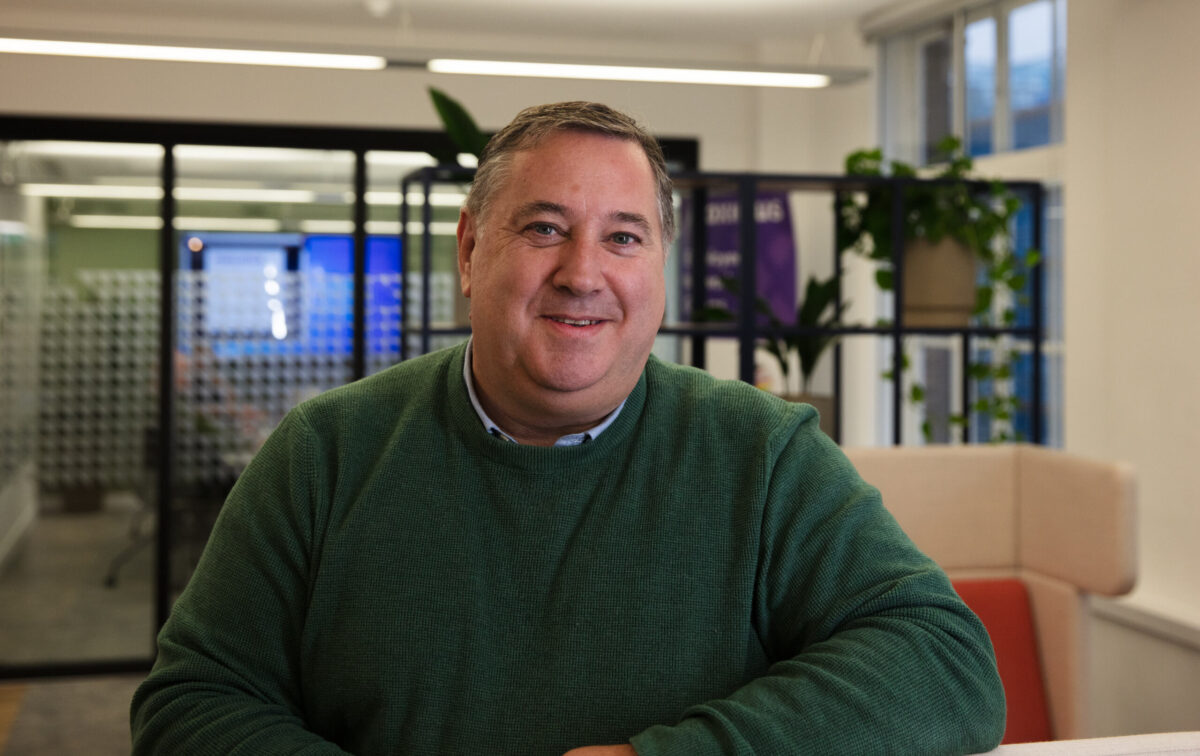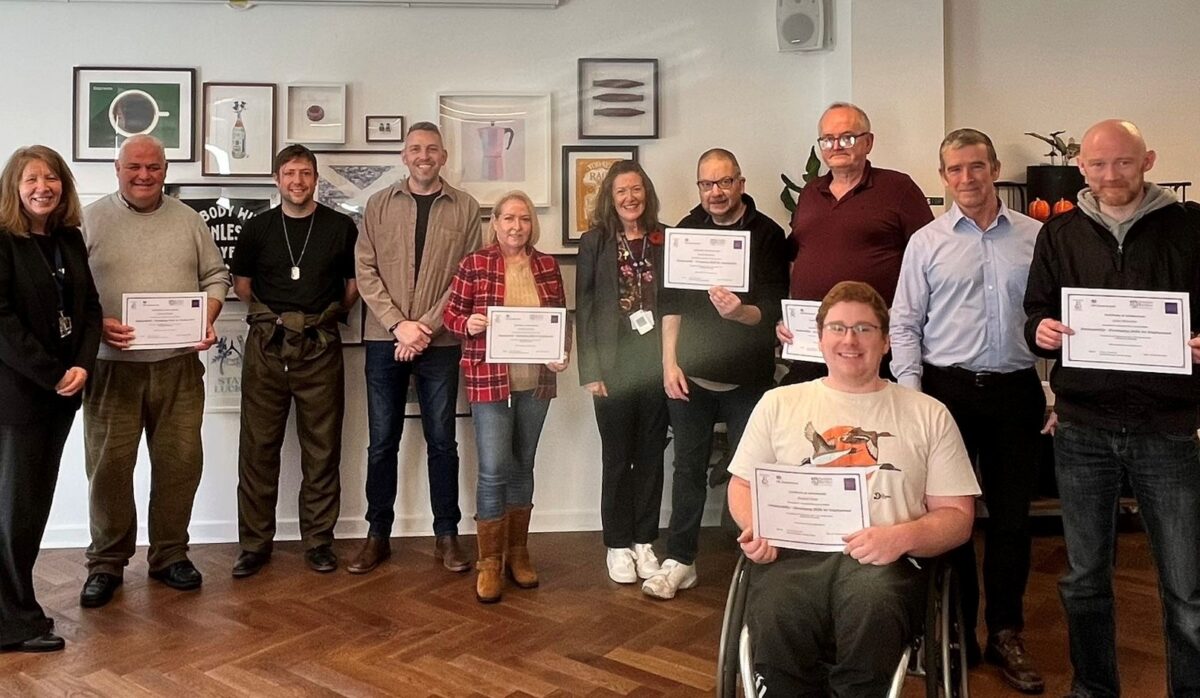Global murmurings on the future of work

Overlapping summits
In the last few weeks, world leaders, and more importantly, their teams, have had overlapping opportunities to confer at a global level – at the G20, COP 27 and the G7.
Short term issues such as the Ukraine war and nuclear tensions have dominated the Communiques, but compelling long-term issues have claimed some attention – in particular climate change, food security, and the threat of disease. These have rather nudged skills and the future of employment off the agenda. India has just announced its Task Forces for 2023. Work, Education and Skills are not included, This is understandable in the circumstances, but disappointing after the innovative work of the Argentinian and Saudi G20 summits, which established task groups on the future of work and consequently the skills needed for a greener world assimilating new technologies, and based on social justice.
The discussion has, in recent years, become diluted
The discussion has, in recent years, become diluted. Ask many delegates what skills we should be developing in our students to prepare them for the fourth industrial revolution they say, rather weakly, ‘digital’. But what does this mean? The use of computerized devices to create, process, store, retrieve and exchange information? These are valuable processing skills, they are a vital contemporary literacy enabling support for new forms of human interaction, but they are not, of themselves, wealth producers, nor do they promote a new social order. A mastery of information technology will be vital to support future skills, but is not, in itself, sufficient to encompass all economic activity, or drive the entrepreneurial activity that will be required to provide future security and prosperity.
The Future of Work – COP 27
It would help if we knew what the future of work looked like. Where does artificial intelligence take us? Employment platforms, ‘Gig’ workers, and so forth are new organizational structures, but they are not ‘work’ as such. It would be nice to think of a future with more artistic and sporting activity, but we will still need feeding, clothing, sheltering and so forth, albeit through new methods of production.
KPMG had a strong presence at COP 27, with a series of influential workshops that looked beyond the immediate. They have developed ideas around vital ‘soft skills’, or core values: career resilience and motivation, professional judgement, situational judgement, ability to include others and collaborate with them, numerical reasoning, verbal reasoning.
Also at COP 27, in an early presentation, Rashik Parmar, CEO of The Chartered Institute for IT stated that we can only achieve net zero with the help of digital technologies and – crucially – scientists, engineers and managers with the right skills. There is common agreement that science, engineering and management will be vital but as we can’t yet define the right skills. So flexibility will be important. A vital role that he foresees is to commission, build and manage carbon accounting and carbon removal systems and embed them into everyday business practice. This is an indication of new priorities requiring new skills.
Youth Climate Pavilion and Youth-led Climate Forum
It is to be welcomed that young people had, for the first time, a formal voice at COP 27, Aspirations were high, with the first ever Youth Climate Pavilion and Youth-led Climate Forum, and the creation of a full Young and Future Generations Day. UNICEF picked up on this energy, presenting a “Green Jobs for Youth Pact,” to close the skills gap in developing countries. However, again, while applauding the aspiration, there is little direction for those of us seeking to develop the skills of the next generation. We are given just the motherhood and apple pie of ‘a systemic change harvesting benefits for people, the planet and prosperity’.
COP 27 certainly linked visions of a greener future with new ways of working: The potential for nature-based employment to offer green jobs for these workers needs to be maximised”: Panudda Boonpala, Deputy Regional Director, Regional Office for Asia and the Pacific. Antonio Guterres, Secretary-General of the United Nations, was also clearly alert to the issue: Today, we highlight the importance of transforming youth skills for the future of work. Young people are disproportionately impacted by interlinked global crises, from climate change to conflicts to persistent poverty. The COVID-19 pandemic has exacerbated these fragilities. In 2020 alone, youth employment fell by 39 million. Today, 24 million young people remain at risk of not returning to school. He is quite specific that what is required, globally, in an expansion of Technical Vocational Education and Training.
Flexibility and re-skilling. The G20
This premise, that a green future is bound up with skills, social and gender justice, was picked up in the G20. The heads of State Summit took place, 15-16 November with a by line “Recover Together, Recover Stronger”. The summit emphasized the role of small enterprises in the ecosystem, digital entrepreneurship, and revitalizing women’s roles in the workplace through digital skills. The Communique also emphasized flexibility: Providing high-quality and adaptive education to equip students with skills that allow them to achieve adaptability in an ever-changing future job landscape. G20 members should be open to sharing and learning from each other about what works and what does not work in which context on the policies for shaping the future of work. Lastly, designing learning content and instruments focused on re-skilling of the elderly in order to bring them back to the labour market
Continuing Education and Training. The G7
While the G20 is largely a financial and economic forum, the G7 takes an overt geo-political stance. Its Communique this year states: Guided by the conviction that democratic values make us stronger in tackling global challenges, we will cooperate with civil society and our partners beyond the G7 to strengthen the resilience of our societies, promote human rights online and offline, address disinformation, and achieve gender equality.
The Communique goes on to call for equipping all working-age adults to meet the needs of a changing labour market for a green and digital economy. We therefore commit to significantly strengthening our efforts to foster continuing education training (CET) with a focus on low-skilled adults, as well as those who face systemic barriers.
As part of their defence of democracy against disinformation, including ‘foreign information manipulation’ they commit to redoubling our efforts to overcome longstanding
structural barriers and to addressing harmful gender norms, stereotypes, roles, and
practices.
Green Digital skills and Competences
The modern world of work is undergoing a fundamental transformation due to digital technologies such as artificial intelligence (AI), the internet of things (IoT), blockchain, metaverse, and cloud computing. All of these technologies have the potential to make a significant contribution to reducing carbon emissions for a more sustainable and net-zero world. However, it comes at a cost and requires the cooperation of multiple stakeholders. Therefore, establishing a global online platform for digital skills is essential for businesses and governments. The role of intergovernmental organizations is imperative in this regard. By bringing together the disparate training programs from industry, training providers, and educational institutions, people can build their competencies.
…and in conclusion?
At a result of these summits, we are no clearer as to what the future holds, what ‘digital’ can do for us, how work will be organized, or how social justice can be achieved. However, around the edges of these global conversations there is a direction of travel. The future has to be green. This will require a new economy supported by new sets of skills. New skills will support a new social justice.
ICT as a key enabler for a greener world can help us reduce carbon emissions, promote renewable energy, adopt a circular economy, and conserve nature. Hence, there is a great need to build capacity and capability in net zero skills development around the world. This target cannot be achieved alone. It’s a global problem and needs global cooperation to address it.












Responses